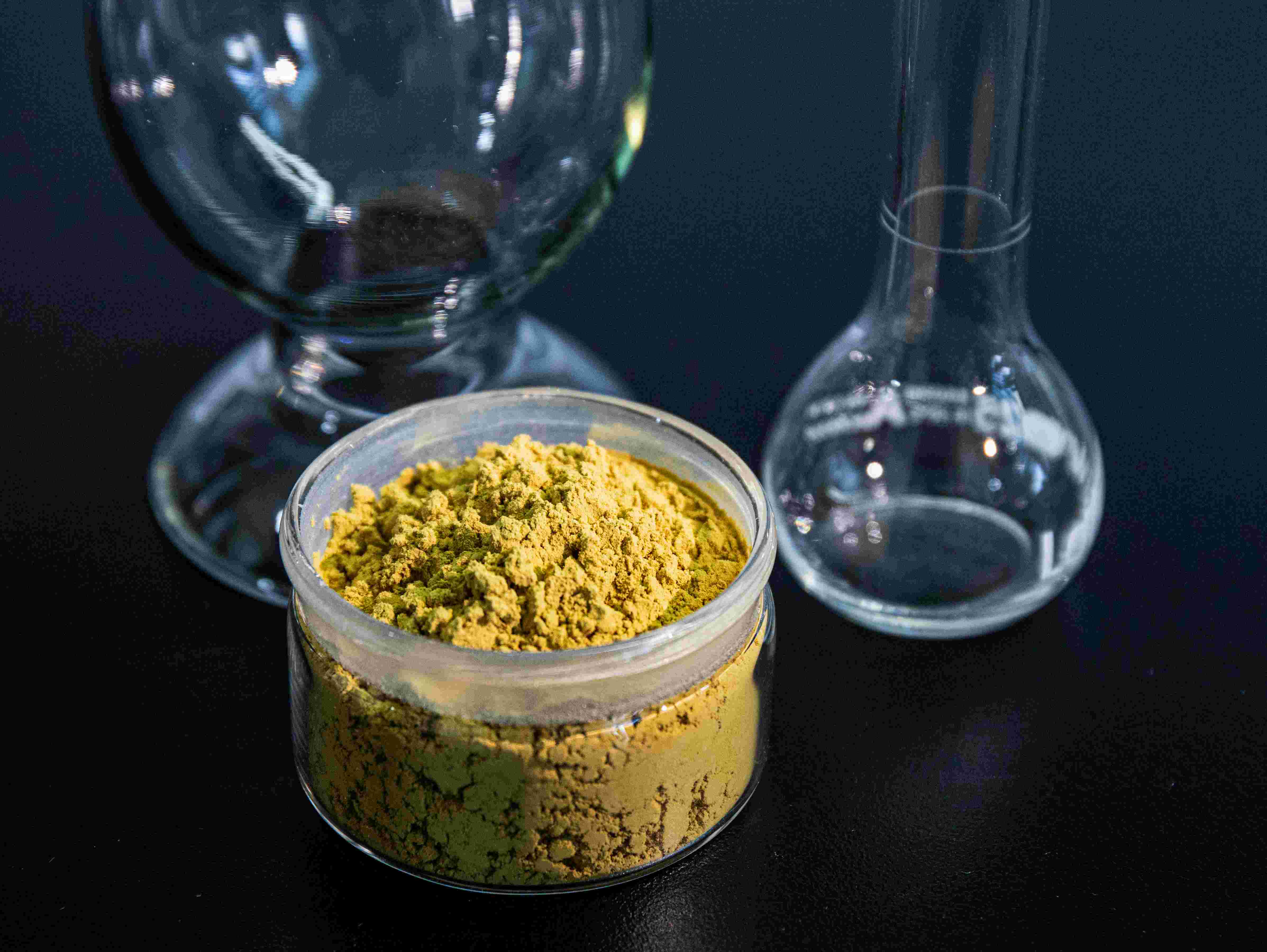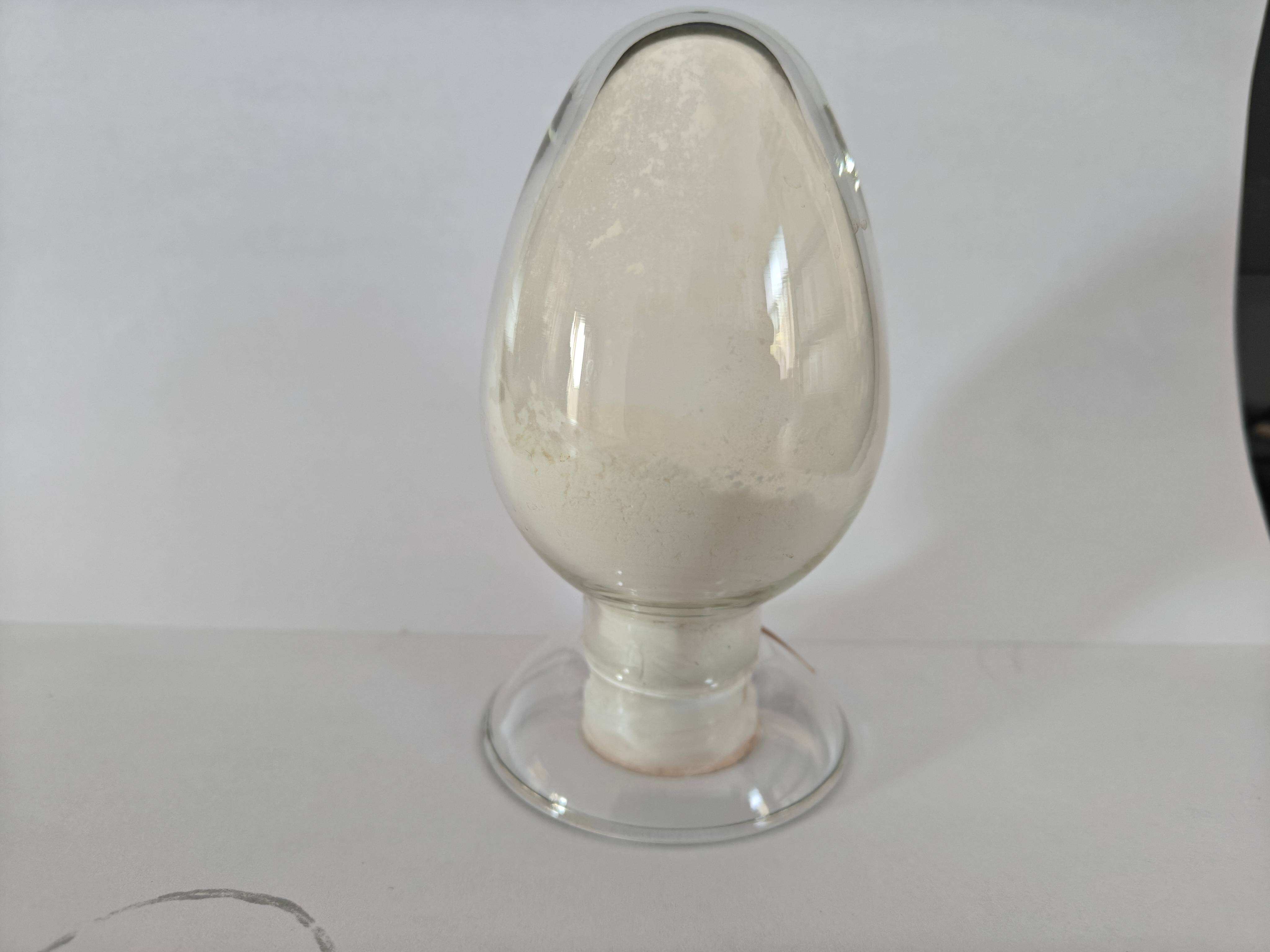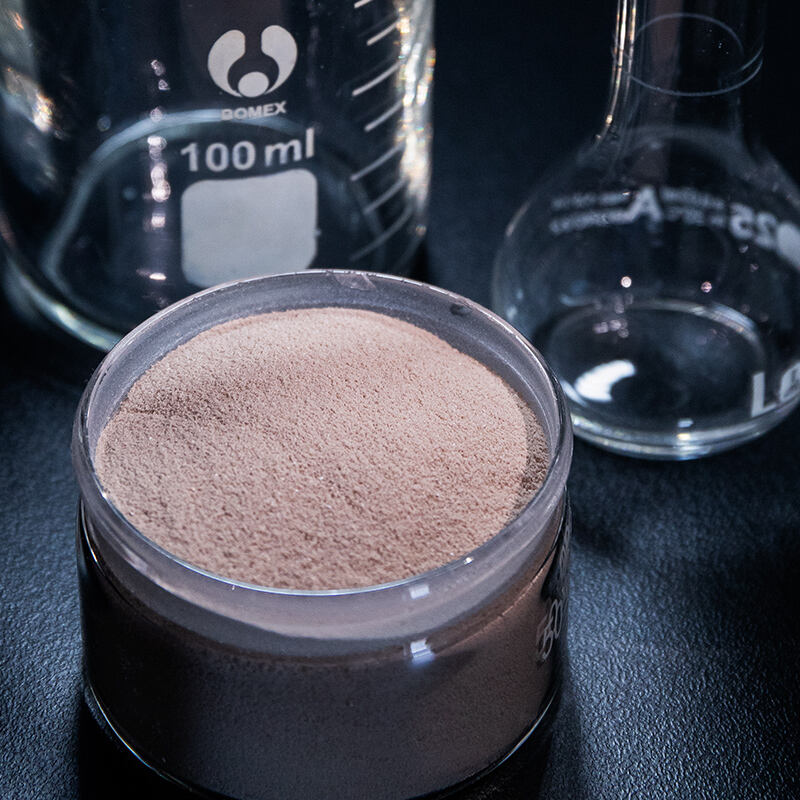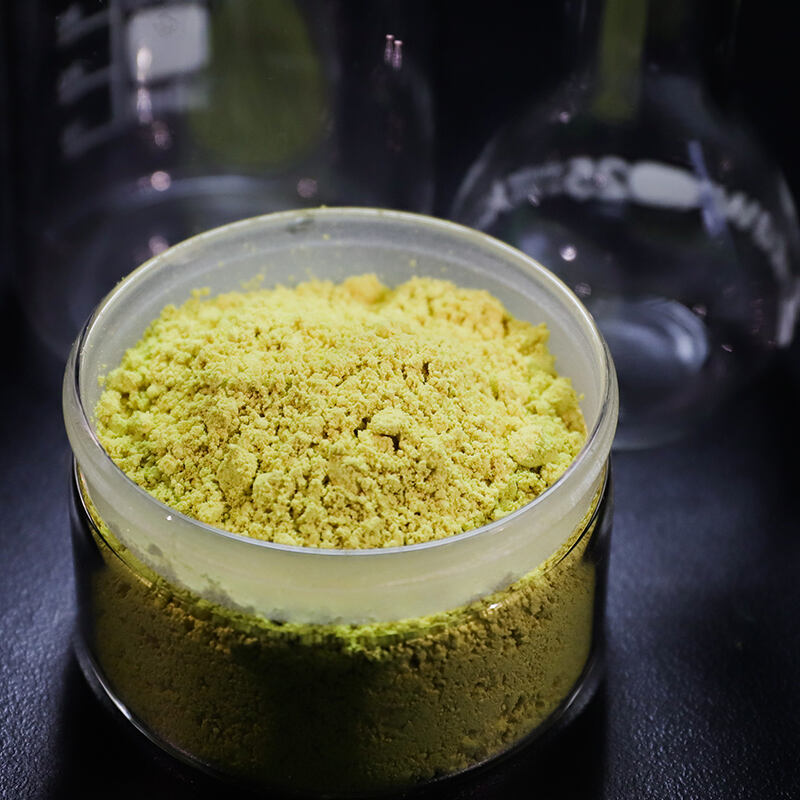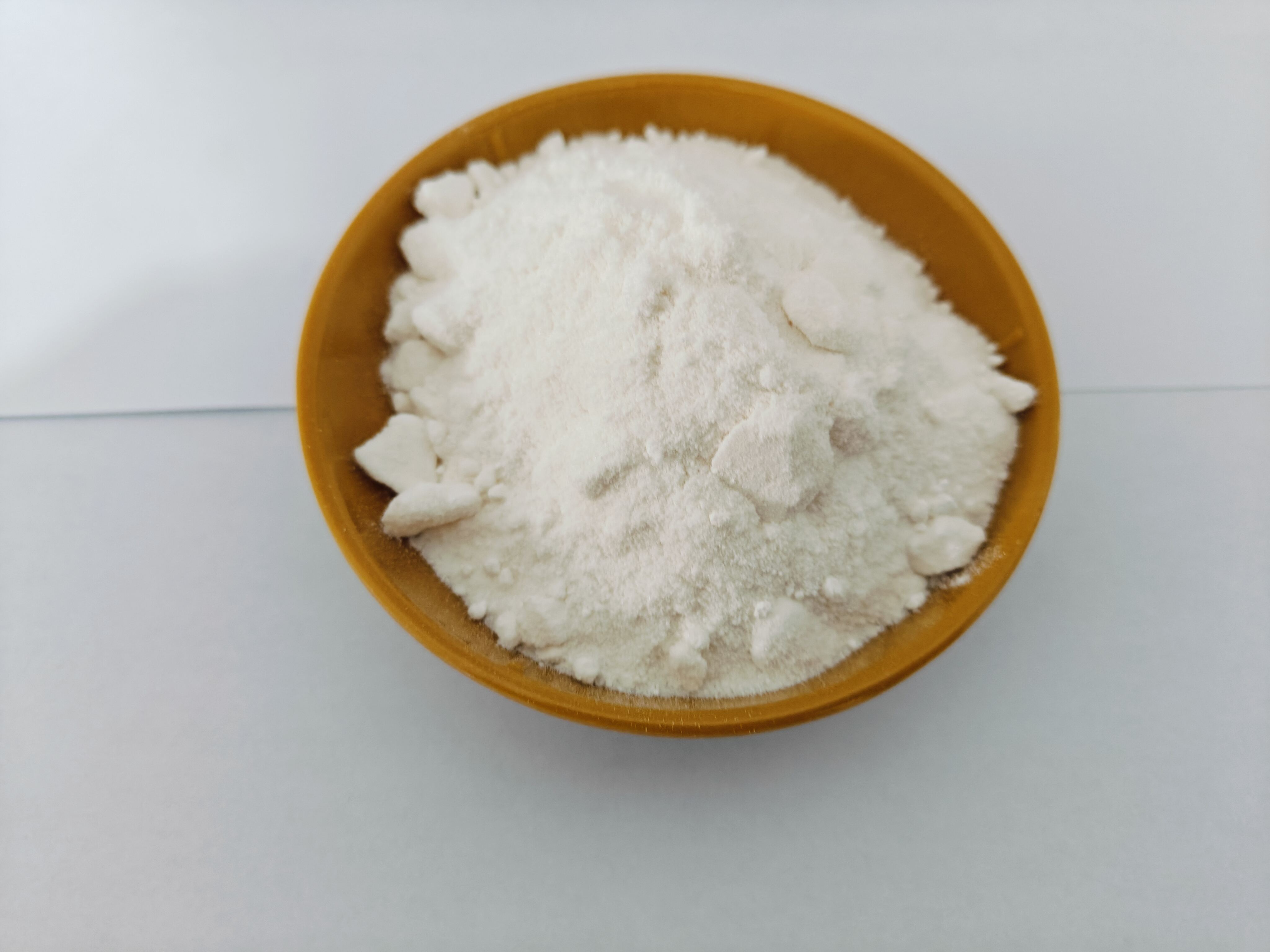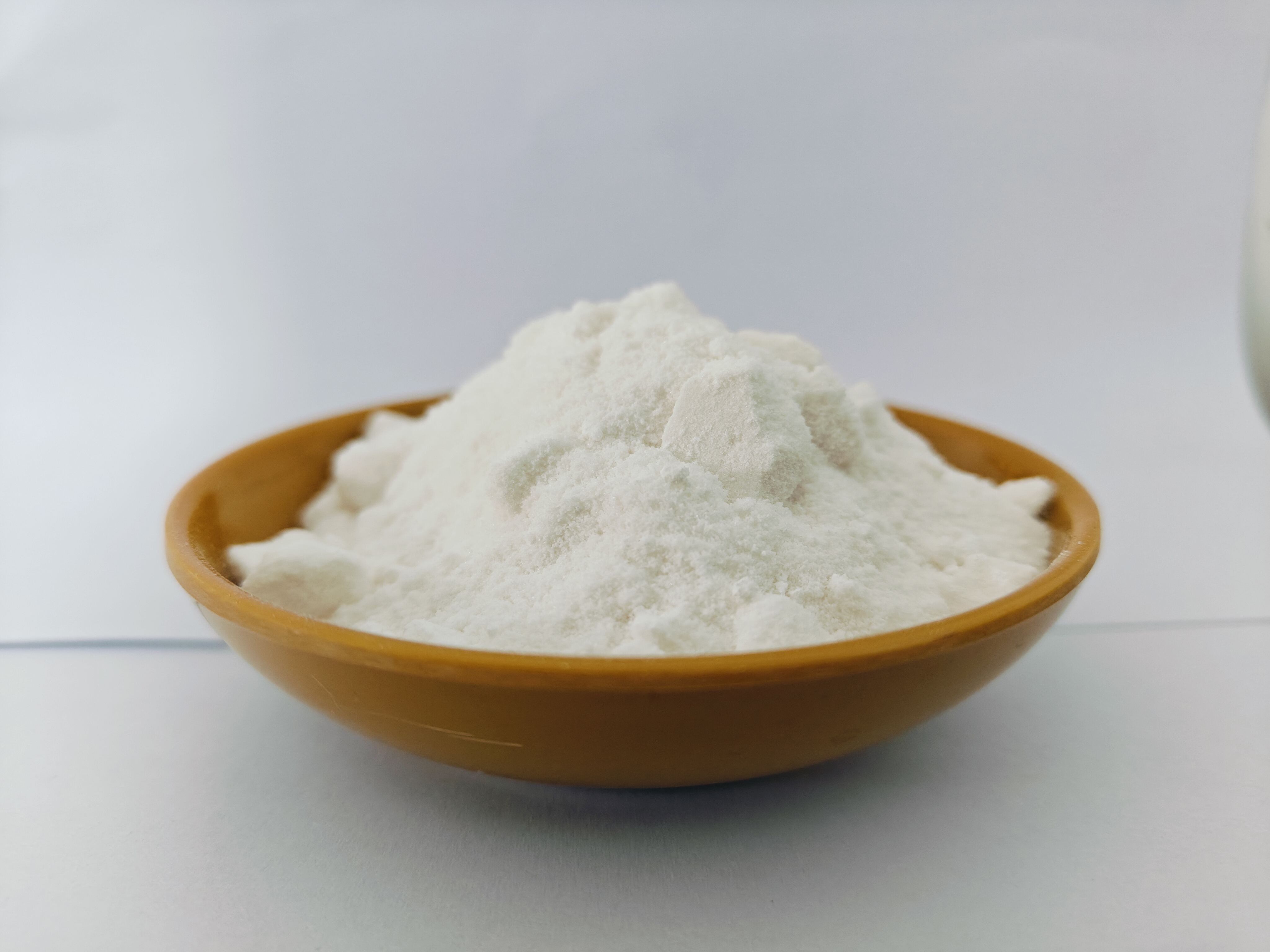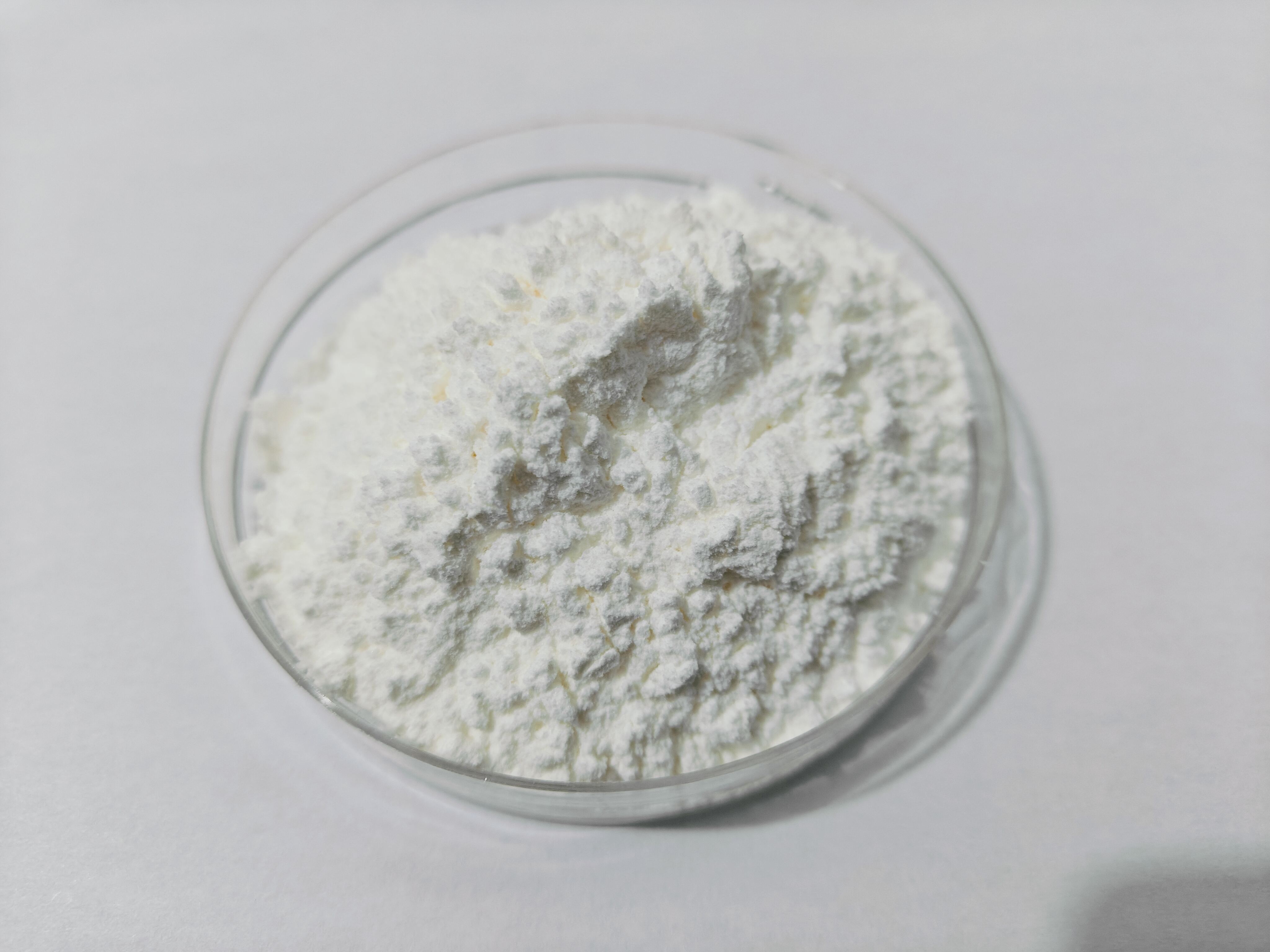imidazole catalysis
Imidazole catalysis represents a groundbreaking advancement in organic chemistry and biochemical processes. This sophisticated catalytic system utilizes the unique properties of imidazole, a heterocyclic compound containing two nitrogen atoms, to facilitate various chemical transformations. The catalytic mechanism primarily operates through nucleophilic catalysis and general acid-base catalysis, making it particularly effective in biological systems. The imidazole ring structure enables exceptional versatility in catalyzing numerous reactions, including ester hydrolysis, transesterification, and various condensation reactions. In technological applications, imidazole catalysis has proven invaluable in pharmaceutical synthesis, polymer chemistry, and green chemistry initiatives. The system demonstrates remarkable efficiency at physiological pH and temperature conditions, making it particularly suitable for biological applications. Modern developments have expanded its use in industrial processes, where it serves as an environmentally friendly alternative to traditional metal catalysts. The technology's ability to function under mild conditions while maintaining high selectivity and yield has made it a cornerstone in sustainable chemical processes.

